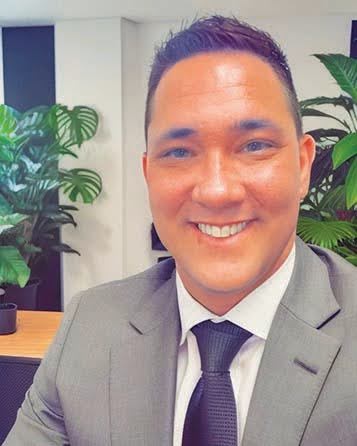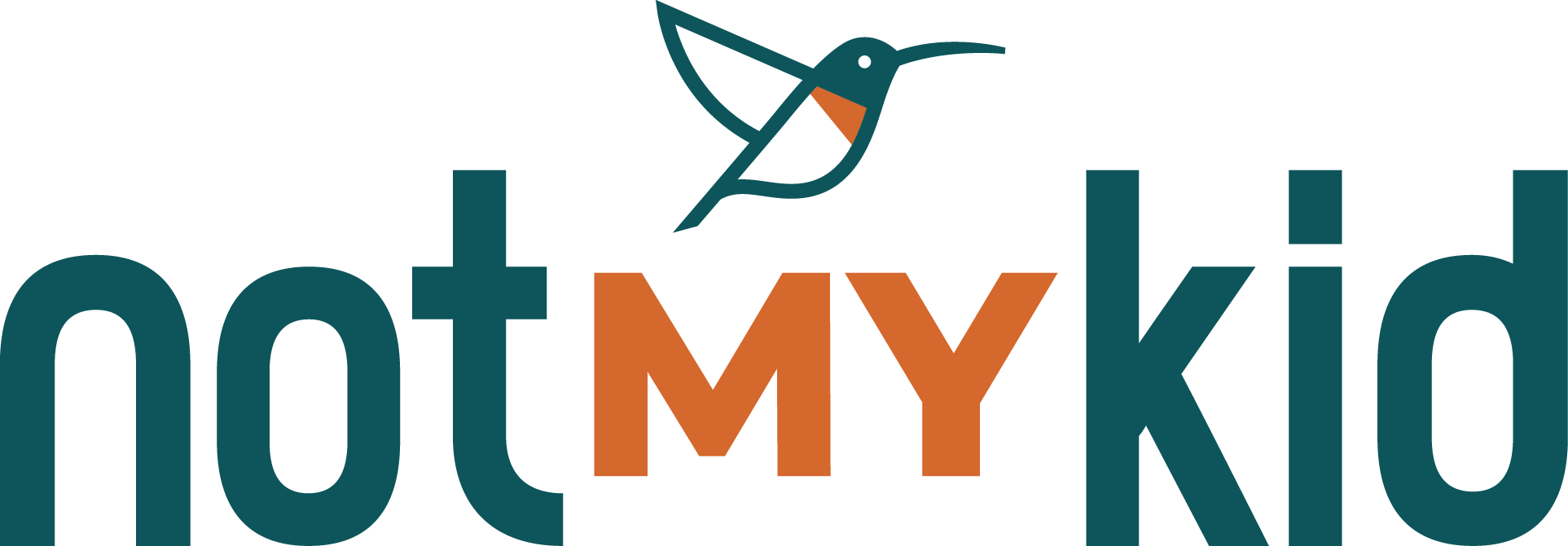Intimate relationships are meant to be safe havens from the rest of the world. For those who are in a relationship with an addict, the relationship can quickly turn into a state of emotional distress, physical violence and day-to-day chaos. Substance abuse can destroy partnerships and marriages because of neglect, a lack of trust and physical and emotional abuse.
If your partner is an addict, you’re probably concerned about what the future holds. Fortunately, you do not have to sit back and wait for the addiction to grow more severe. You can work on getting your loved one into a holistic recovery center. However, it’s important to understand — no matter how much support you give your partner, you probably can’t force them into treatment. Ultimately, the choice to get clean and sober is up to them.
Addiction in Marriage
Marriages and partnerships require a lot of work to be happy and healthy, so as anyone can imagine, addiction throws a wrench into things. For many couples, addiction isn’t an issue until later on in the relationship. What once seemed like normal drinking and having fun ends up spiraling out of control. For other couples, the addiction is immediately present. One partner may be good at hiding their behavior, or the other partner may turn a blind eye.
Signs that your partner’s misuse of drugs or alcohol is spiraling:
- Personality changes
- Unusual need for money
- Loss of interest in hobbies
- Change in physical appearance
- Private, secretive behaviors
- Physical signs (i.e., bloodshot eyes)
Keep in mind these changes can be attributed to something else like depression. Be sure to talk with your partner to find out why they’re feeling the way they are. Don’t be surprised if they resist, especially if addiction is present. But, it’s important to be aware of other potential causes, too.
What to Do?
When addiction takes over your relationship, you may no longer recognize the person you fell in love with. Here are some considerations you’ll have to make:
Acknowledge the problem. Addiction is a painful disease on its own. There is also a stigma surrounding it, which makes people feel isolated and alone. As a result, some people feel it’s easier to ignore the problem. However, this won’t help you or your loved one. Recognize what’s going on and be honest with yourself.
Educate yourself. Your partner is not trying to hurt you on purpose. Addiction is a chronic disease that causes changes in the brain. By educating yourself on addiction, you can have a healthier perspective and realistic expectations.
Avoid codependency. Everyone in the family is affected by addiction. Unfortunately, some partners find themselves obsessing over their loved one. While this may seem like the natural thing to do, it can actually form a codependent relationship. As consuming as addiction is, you have to take care of yourself first.
Be aware of enabling. Another unhealthy behavior you’ll want to avoid is enabling. Despite good intentions, some partners find themselves allowing the addiction to continue without consequences. However, enabling hurts more than it helps.
Join a support group. While you may feel alone in your situation, there are many people in a similar position. Groups like Al-Anon or Nar-Anon can help you feel less alone. Find a group in your area to stay connected to others and grow your support network.
Set your boundaries. Each relationship has different circumstances, only you can make the decision as to whether you want to stay in the relationship. But you should never accept physical or sexual violence. Know your boundaries – and follow through with them.
Getting Your Loved One Treatment
With your support, your loved one has a greater chance of recovering. However, this is a long road that requires ongoing support. Holistic recovery for addiction is not over when treatment is complete. Your partner will continue to need your compassion, understanding, patience and support.
The first step to helping your partner is by choosing the right program. Start by picking inpatient or outpatient treatment to narrow down your options. Inpatient treatment centers are inclusive and will require your loved one to live at the facility. This is a good option if they have a severe addiction and need to remove themselves from their environment. On the other hand, if you have a family to take care of, a home to manage and bills to pay, you may find outpatient treatment is a better fit. With holistic outpatient drug treatment, your partner can get professional support most days of the week while returning home at night. This way, they can still continue helping out at home.
A few more considerations to make when selecting a treatment center for your partner:
Detox. Before starting treatment, your partner must be off drugs and alcohol. Does the treatment center offer detox or any other assistance getting clean?
Length. How long is the program? Inpatient treatment usually lasts 30, 60 or 90 days. Outpatient rehab for substance abuse is more flexible and can last for several months or as long as you need help.
Insurance. Does the treatment center accept your insurance? How much will you have to pay out of pocket? Most rehabs will verify your insurance over the phone. You can also call your insurance carrier directly.
Therapies. What type of therapy does the treatment center offer? Aside from group, individual and family counseling, it’s helpful to have access to holistic healing practices like meditation, yoga and nutrition information.
Addiction is a painful, lonely disease that affects the family unit. Without intervention and treatment, addictions almost never get better on their own. Fortunately, you do not have to go through this alone.
Continuum Recovery Center will walk you through this journey. We provide flexible, intensive outpatient programs as well as holistic recovery practices, family education and The Bridge device, which helps clients through withdrawal. Contact us today to learn more about our holistic outpatient treatment options. Call if you need support with drug or alcohol addiction. 855-737-4854. https://www.continuumrecoverycenter.com Now accepting AHCCCS.



































